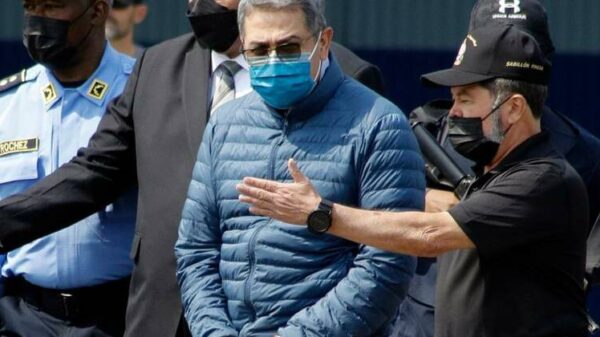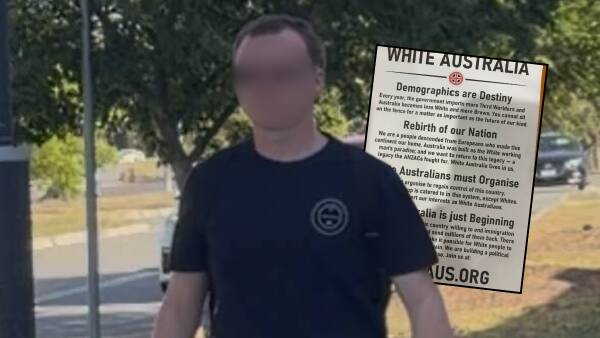A prominent Hong Kong pro-democracy activist, Nathan Law, faced denial of entry into Singapore on Saturday, raising concerns about the political motivations behind the decision. Law, who has been living in London, was detained at the Singapore airport and informed four hours later that he could not enter the country, despite holding a valid visa for an invitation-only event.
Law had traveled from San Francisco to attend the gathering but was sent back to San Francisco after approximately 14 hours in Singapore. He stated that no reason was provided for the denial during his detention. In his remarks, Law expressed his belief that the decision was politically motivated. He noted uncertainty regarding the involvement of external forces, particularly the People’s Republic of China (PRC), in the matter.
Background on Nathan Law and the National Security Law
The situation surrounding Law reflects the broader crackdown on dissent in Hong Kong following the introduction of a national security law in 2020. This legislation has led to numerous arrests and has forced many activists into exile. Law and his fellow activist Joshua Wong, who is currently imprisoned in Hong Kong, gained significant attention during the 2014 Umbrella Revolution, a series of pro-democracy protests advocating for greater freedoms in the territory.
According to a statement from the Singapore government, Law’s visa did not guarantee entry, as all visa holders are subject to further border checks. Notably, Hong Kong police have issued a warrant for Law’s arrest under the national security law, accusing him of colluding with foreign entities and inciting secession through various forms of communication, including meetings with foreign officials and social media posts.
Singapore maintains an extradition agreement with Hong Kong; however, it does not appear to extend to national security offenses. In 2023, authorities in Hong Kong offered a reward of HK$1 million (approximately A$194,353) for information leading to the arrest of Law and other self-exiled activists under the same law.
Law’s case highlights the ongoing tensions between pro-democracy advocates and the Chinese government, as well as the challenges faced by activists who have fled Hong Kong in search of safety. The crackdown on dissent has not only stifled voices within the territory but has also created a ripple effect, impacting the ability of activists to travel freely abroad.
As the situation evolves, the implications of Law’s denial of entry may resonate beyond his personal experience, potentially highlighting the challenges faced by those advocating for democracy in regions with restrictive governance.





























































